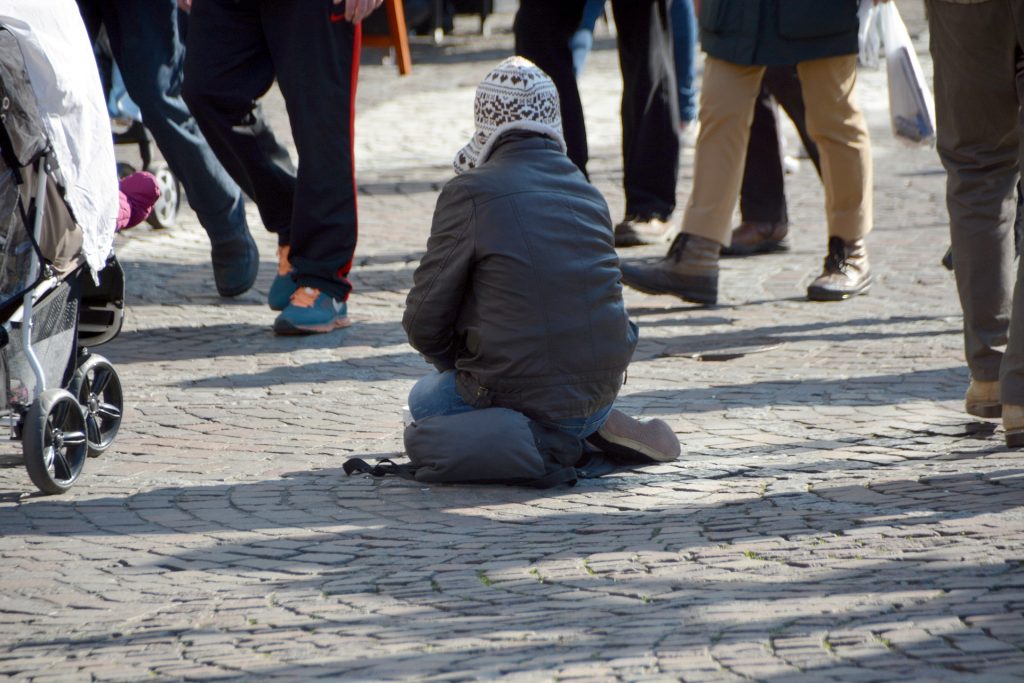More than 300,000 Britons are homeless or living in inadequate housing, according to new data from UK charity Shelter.
They estimate there are 307,000 homeless people in the UK, including rough sleepers and those in temporary accommodation.
However, the organisation claims the real figure could be much higher, as the data piece together from FOIs can only give a ‘conservative estimate’.
Polly Neate, chief executive of Shelter, blamed the “trap” of homelessness, saying it is “tightening thanks to decades of failure to build enough affordable homes and the impact of welfare cuts”.
Some will have spent the night shivering on a cold pavement
She added: “It’s shocking to think that today, more than 300,000 people in Britain are waking up homeless.
“Some will have spent the night shivering on a cold pavement, others crammed into a dingy hostel room with their children. And what is worse, many are simply unaccounted for.”
So, What Is Being Done?
 Image Credit: Fanta Reis / Pixabay
Image Credit: Fanta Reis / Pixabay
Homelessness has officially been on the rise since 2010, with Shelter’s figures rising significantly above the usually-stated figure of 70,000. In contrast, their data suggests as many as 1 in 25 are homeless in some of the worst affected areas, such as some London boroughs and cities such as Brighton and Birmingham.
In response, the Department for Communities and Local Government said they were investing heavily in tackling homelessness, with a £950m planned spend by 2020.
A department spokesman added: “We are determined to tackle all forms of homelessness, which includes making sure people in temporary accommodation are getting support to keep a roof over their heads”.
This investment comes alongside the Homelessness Reduction Act 2017, which comes into effect in 2018 after receiving Royal Assent earlier this year. It places on local authorities a duty to “take reasonable steps to help […] secure that accommodation does not cease to be available” for individuals.
How Can Human Rights Help?

Image credit: Warren Wong / Unsplash
There is a poverty crisis in the UK, and human rights are one of the most important ways we can tackle it.
Last year, Ministry of Justice figures showed that evictions are at an all-time high, with more than 170 tenants in the UK being forced from their homes every day, an increase of 53 percent from 2010.
While landlords are well within their rights to impose eviction on tenants, the state does have an obligation to protect its citizens’ access to basic necessities of life. These are known as our economic, social and cultural rights. They enshrine our right to everything from shelter and food to access to healthcare.
While the UK government has, on occasion, failed to uphold its obligations, a commitment was made to preserve our cultural rights through support for the International Covenant on Economic, Social and Cultural Rights from 1976.
There is no easy solution to the homelessness problem. As many as 1 in 5 young people are homeless, and the numbers haven’t stopped increasing in almost a decade. While the government begins to take steps to tackle the issue directly, the underlying problem of a national poverty crisis will continue to damage lives for some time to come, as well as have drastic implications for our rights and ability to uphold them.






